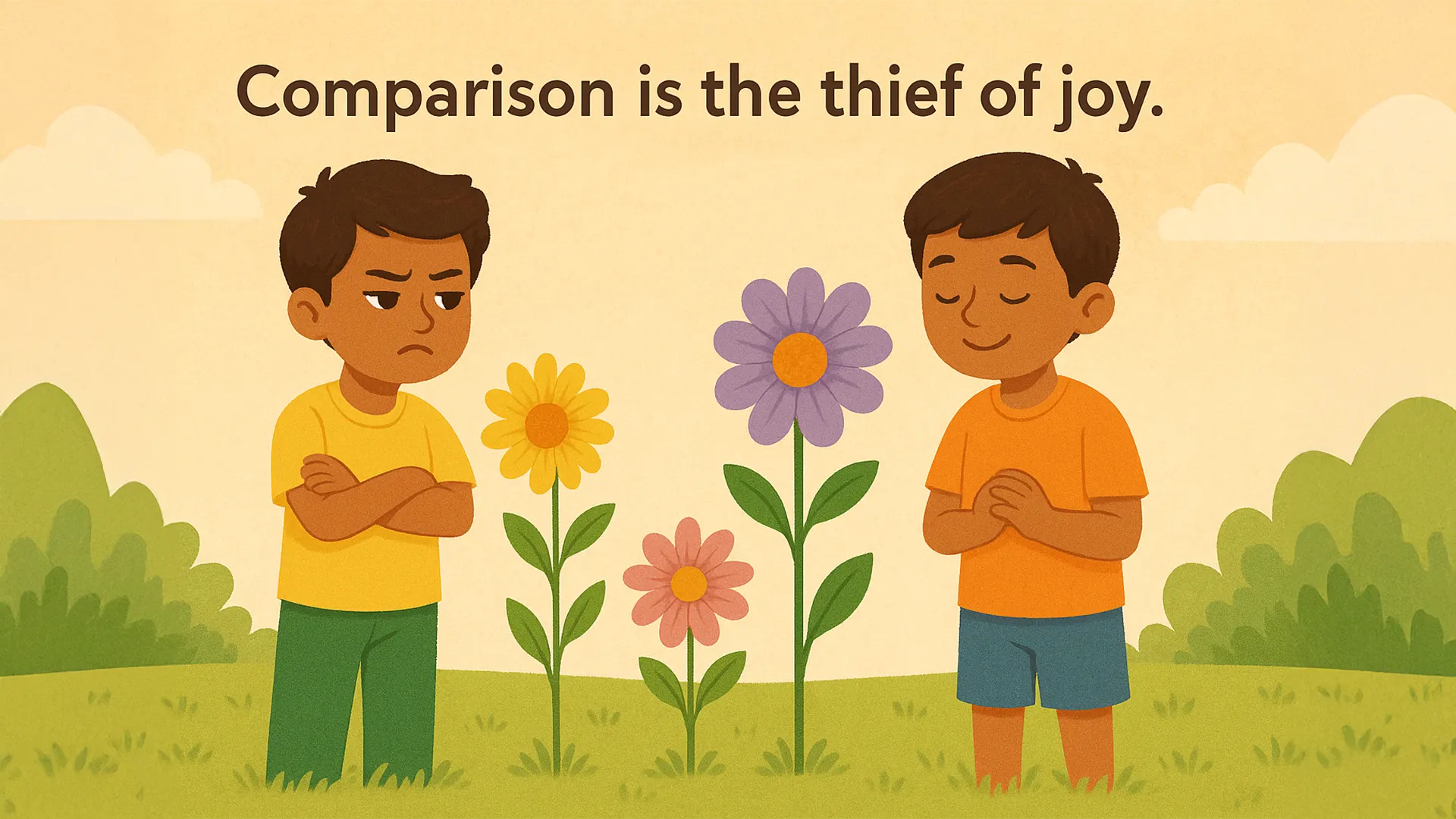Motivation may get you started, but only self-discipline will take you to the finish line. Learn why consistent action, not fleeting inspiration, is the true path to lasting growth.
Every one of us carries a dream—a vision that sparks the motivation to begin something meaningful. But while motivation lights the spark, self-discipline keeps the fire burning. Discipline is the quiet bridge that connects who we are today with the life we aspire to build.
Why Self-Discipline Matters?
Self-discipline consistently distinguishes successful individuals from the rest. Those who learn to regulate their actions, thoughts, and emotions are able to make better choices, not based on temporary pleasure but on long-term value. They rely on inner strength, exercising willpower to create a meaningful and fulfilling life.
Success rarely arrives in giant leaps. It's not something that we achieve in a day. More often, it's a product of small, persistent improvements—just 0.1% each day. It's about consciously choosing actions that move us forward, even if we feel uncomfortable in the moment. For example, cutting down sleep by 10 minutes to meditate or investing ₹500 monthly may seem minor, but over time, these habits compound into a remarkable transformation. This is the law of incremental growth—a slow but powerful force.
Upstream vs Downstream Choices
Interestingly, the actions that uplift us and push us toward growth are often upstream—they require effort, focus, and resilience. On the other hand, unproductive or time-wasting habits are downstream—easy, comfortable, and dangerously tempting. People who stay in their comfort zones often drift toward these downstream choices, resulting in stagnation or decline.
Discipline, then, is about choosing the difficult now for a better later.
Discipline Over Motivation
While motivation may help us begin, it cannot carry us through rough days. True consistency is driven by discipline, especially when the excitement fades. And where does motivation even come from? It stems from a strong "why"—a meaningful purpose. When our purpose is clear, discipline helps us show up day after day, even when we don't feel like it.
Discipline means choosing what is beneficial over what is instantly gratifying. It's a learned skill—developed over time—not an inherited trait. Once nurtured, it allows us to not only improve our own lives but also positively impact those around us.
Stories of Self-Discipline in Action
One inspiring example is Edwin Moses, an extraordinary American track and field athlete. In the 1980s, he held a winning streak of 122 consecutive races in the 400-meter hurdles. When asked the secret to his success, he replied, "I have a greater ability to tolerate pain than others." His mindset was rooted in pushing beyond pain and discomfort, hallmarks of self-discipline.
Even nature teaches discipline. When a mother giraffe gives birth, she doesn't lie down—she gives birth while standing, letting the baby drop to the ground. As the baby tries to stand, she kicks it down again. While this might seem harsh, it's the mother's way of teaching survival. The baby must learn to walk quickly to escape predators. It's painful but essential.
The Two Types of Happiness
The Kathopanishad describes two types of happiness: Preya and Shreya.
- Preya is the pleasure that feels good now but is harmful later. For example, indulging in sweets may bring temporary joy but may cause health issues in the long run.
- Shreya is the kind of happiness that feels tough or unpleasant initially, like waking up early or exercising but proves beneficial over time, building character and mental strength.
Our growth depends on our choices between these two. Self-discipline allows us to repeatedly choose Shreya, even when it's uncomfortable.
As a Hindi saying goes:
“Aamle ka khaya aur bado ka kaha, baad mein samajh mein aata hai.”
(Amla—Indian gooseberry—is bitter, yet highly beneficial, just like wise advice).
Life constantly presents us with choices. The difference between progress and regret often comes down to whether we act out of discipline or indulgence.
The Science Behind It: The Marshmallow Test
In the 1950s, psychologist Walter Mischel experimented at Stanford University, known as the Marshmallow Test. Children were offered a single marshmallow and promised a second if they could wait 20 minutes without eating the first.
Some ate it immediately, others waited for a few minutes but gave in, and only a few managed to wait the full time.
Years later, researchers followed up and found that those who waited, who had stronger self-control, were more successful in academics, careers, relationships, and all other areas of their lives. Meanwhile, those who gave in quickly were more likely to face challenges across multiple areas of life. 12% of them had even returned from jail.
This study revealed a powerful truth: if one trait predicts success in almost every field, it's self-discipline.
Closing Reflections
Self-discipline is the silent force that fuels every meaningful accomplishment. It builds mental strength, emotional resilience, and clarity of purpose. It teaches us to rise above distractions and stay focused on what truly matters.
Discipline might feel uncomfortable at first, but its rewards are lasting. Like a muscle, it grows with practice. We become stronger each time we resist temptation, choose effort over ease, and consistency over chaos. Whether it's our career, spiritual journey, health, or personal growth, self-discipline is the key to unlocking our full potential.
Life doesn't reward mere intention. It rewards consistent action, and action flows best from the well of self-discipline.
So, let's create the life we want through self-control and Self-discipline.








